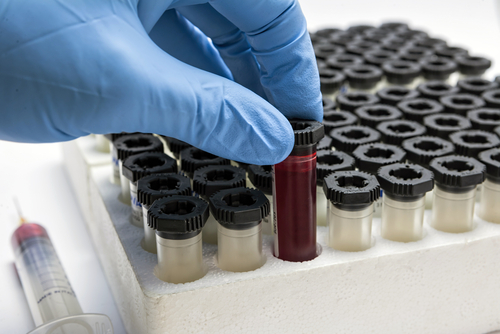Due to the low response rates of colorectal cancer patients for different drug regimens, a team of researchers at Champions Oncology and InSilico Medicine examined if biomarkers and biological signals in colorectal tumors could predict a patient’s response to a specific drug treatment.
In the United States, Colorectal Cancer (CRC) is the second primary cause of cancer deaths and is the fourth most common cancer, causing more than 50,000 deaths per year, with nearly half of all patients getting their first diagnosis in a later stage of the disease, when it has already metastasized.
Researchers examined cetuximab, an antibody agent normally used as a treatment for patients with CRC that do not have a K-ras gene mutation. Cetuximab is an FDA approved drug for the treatment of these particular CRC patients, however, the drug is only effective in 40 to 60% of the cases.
A joint study between InSilico Medicine and Champions Oncology reports the identification of a particular biological indicator that might be able to predict in advance which patients will respond to treatment with cetuximab. If results from clinical trials validate these findings, the team believes this method can be of great relevance to help oncologists develop personalized and improved clinical decisions for their patients.
“We’re thrilled to collaborate with Champions Oncology and Dr. David Sidransky at Johns Hopkins University. While Champions is the leader in personalized medicine, we specialize in big data analysis and signaling pathway analysis. Working together, we’re the most promising competitor in personalized medicine,” said Alex Zhavoronkov, PhD, CEO of InSilico Medicine, Inc in a recent news release.
“Utilizing our TumorGraft platform and signaling pathway analysis from InSilico Medicine, we may decipher pathway activation profiles in cancer patients that lead to a better personalized treatment,” added Keren Paz, PhD, Chief Scientific Office at Champions Oncology Inc.


